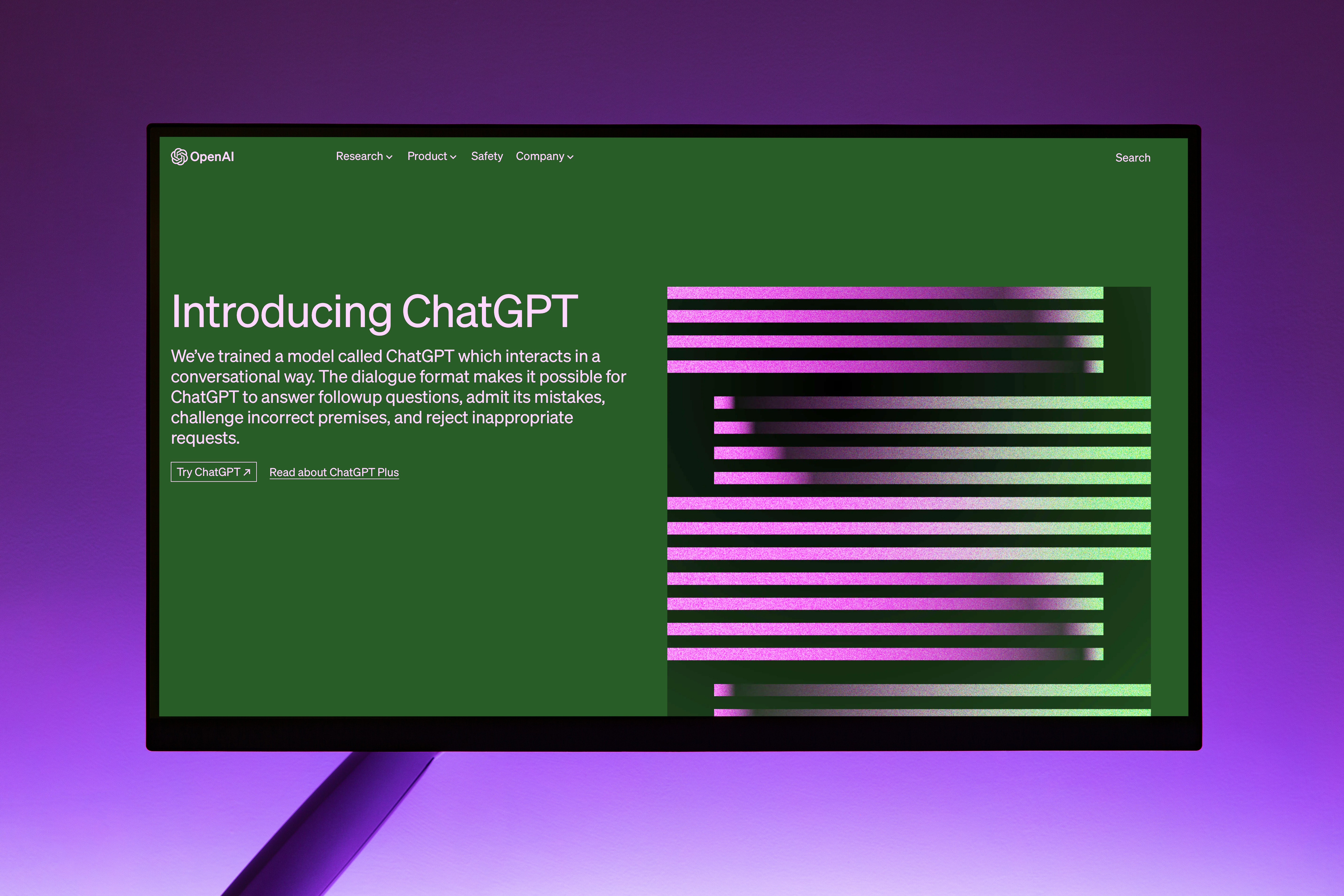ChatGPT in the Legal Profession

In recent years, artificial intelligence (AI) has made significant strides in various industries, including the legal profession. One of the most remarkable AI innovations in the field of law is the development of ChatGPT, a language model created by OpenAI. ChatGPT is a powerful tool that can assist lawyers and legal professionals in a variety of ways, from legal research to drafting documents and analyzing case law. In this article, we’ll explore the use of ChatGPT in the legal profession and how it’s transforming the way lawyers work.
What is ChatGPT?
ChatGPT is an AI-powered language model that uses natural language processing (NLP) to generate human-like responses to text prompts. It was created by OpenAI, a leading research organization that focuses on artificial intelligence and its potential impact on society. ChatGPT is trained on a massive dataset of text from the internet, including books, articles, and web pages. This training allows ChatGPT to understand natural language and generate coherent responses to text prompts.
How can ChatGPT be used in the legal profession?
ChatGPT has numerous applications in the legal profession, including legal research, contract drafting, and case analysis.
Legal Research: One of the most time-consuming tasks for lawyers is legal research. ChatGPT can help streamline this process by providing quick answers to legal questions. Lawyers can input a legal query, and ChatGPT can generate relevant case law and other legal resources that can be used to support their argument.
Contract Drafting: Contract drafting is another area where ChatGPT can be helpful. Lawyers can input the desired clauses and legal terms, and ChatGPT can generate a complete contract with all the necessary legal language. This feature can save lawyers significant time and ensure that contracts are accurate and legally sound.
Case Analysis: ChatGPT can also assist in analyzing cases. Lawyers can input the relevant facts of a case, and ChatGPT can generate a summary of the case and relevant legal precedents. This feature can help lawyers prepare for court appearances, and ensure that they have a thorough understanding of the relevant case law.
What are the benefits of using ChatGPT in the legal profession?
Using ChatGPT in the legal profession has several benefits, including:
- Time-Saving: ChatGPT can save lawyers a significant amount of time in tasks such as legal research and contract drafting. This time can be spent on more critical tasks such as case analysis and client communication.
- Accuracy: ChatGPT can ensure that legal documents and contracts are accurate and legally sound, reducing the risk of errors and omissions.
- Efficiency: ChatGPT can streamline the legal process by quickly generating relevant legal resources, allowing lawyers to work more efficiently.
- Cost-Effective: By reducing the time spent on certain tasks, ChatGPT can help law firms save money on legal fees.
Are there any limitations to using ChatGPT in the legal profession?
While ChatGPT has numerous applications in the legal profession, it’s essential to note that it’s not a substitute for human lawyers. ChatGPT is a tool that can assist lawyers in specific tasks, but it cannot provide legal advice or represent clients in court. Additionally, ChatGPT may not be suitable for highly complex legal matters that require a more nuanced understanding of the law.
Conclusion
ChatGPT is a powerful tool that can assist lawyers and legal professionals in a variety of ways, from legal research to contract drafting and case analysis. While it’s not a substitute for human lawyers, it can save time, increase efficiency, and ensure that legal documents and contracts are accurate and legally sound. As AI technology continues to evolve, we can expect to see more innovative applications of AI in the legal profession, ultimately transforming the way lawyers work.
Editor’s Note:
The above article was generated using ChatGPT by OpenAI. So, yes, it may have some bias. 🙂 Stay tuned as future articles address the use of ChatGPT specifically in regards to patent law. We will also address some of the risks of using ChatGPT.
